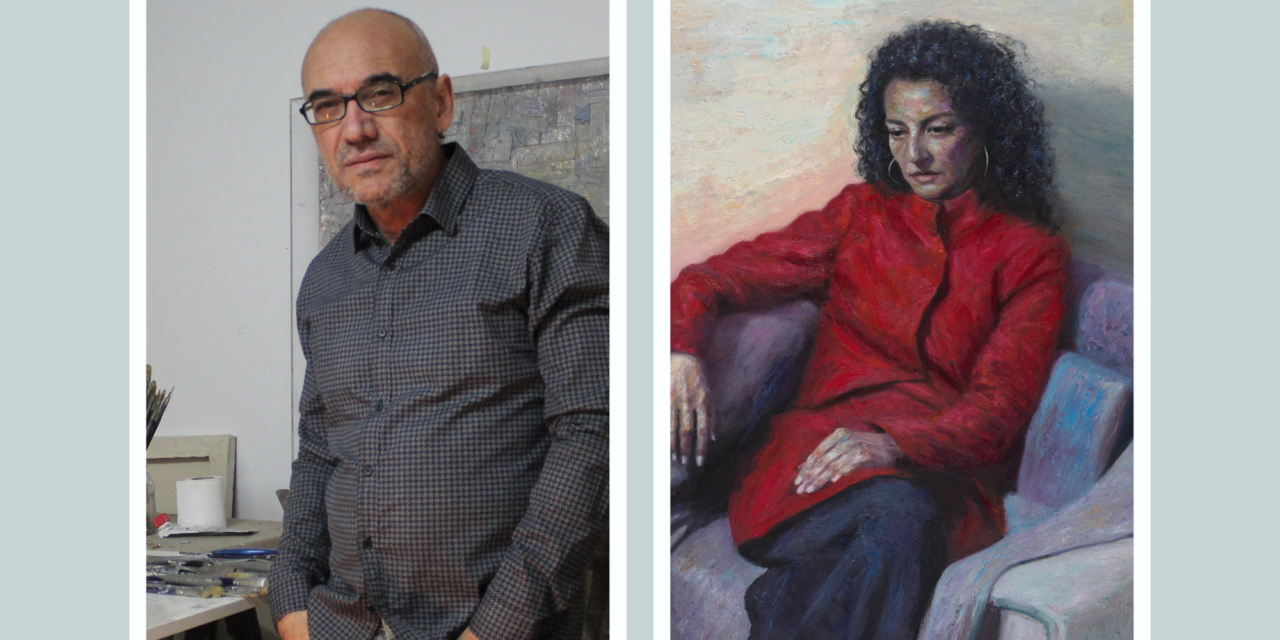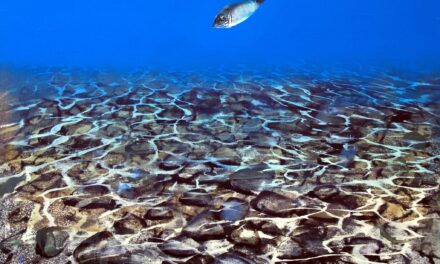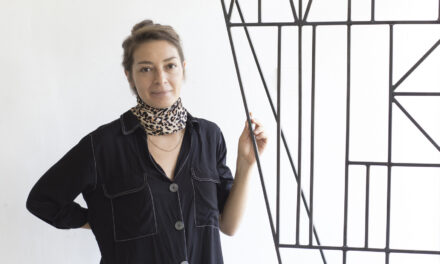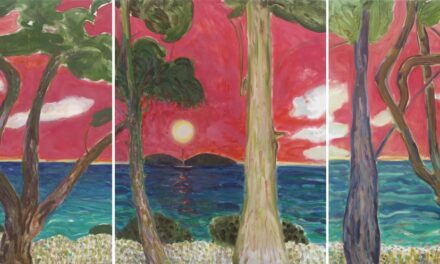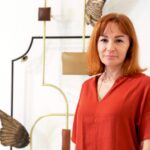In his new solo exhibition Without Self-censorship at the Contemporary Athens Gallery, painter Petros Karavevas redefines human nature through his favorite subject matter, female figures and nudes.
Focusing on the realistic depiction of the human body, while suggesting an intimate interaction with his models, his meticulously constructed female portraits create powerful visual narratives imbued with depth and emotion. His models are depicted in dramatized postures against atmospheric backgrounds, enhancing their psychographic dimension, while capturing moments of silence, contemplation and melancholy. Through his unique figurative style and intense stylistic eclecticism, the artist seeks to emphasize the need for a personal sanctuary and transport his audience to peaceful, natural settings, offering an escape from the superficial and stressful realities of everyday life.
Petros Karavevas was born in Ermoupolis, Syros in 1963. He studied Painting in Lyon and in Athens, under George Rorris. He has held nine solo exhibitions (Athens, Thessaloniki, Syros) and has participated in numerous group exhibitions in Greece and abroad. His works are found in important private and public collections. He lives and works in Athens.
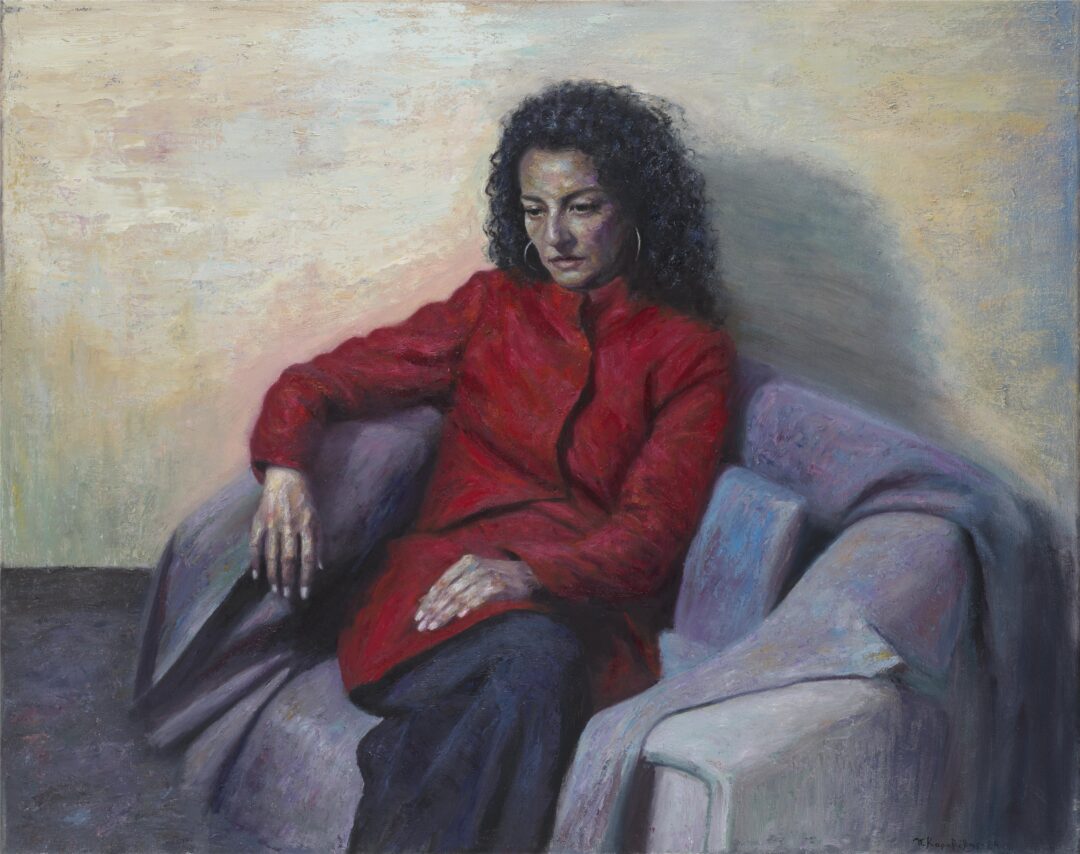
Petros Karavevas shares her artistic views with Greek News Agenda*.
The title of your current exhibition, Without Self-Censorship, sounds so liberating. How did it come about?
The title of my exhibition does not refer to someone in specific. It rather describes the process through which these particular works were created. My models are people that I already know and are connected to me on the basis of mutual esteem and trust, posed in a completely free and unpretentious way as if they did not feel exposed to a stranger’s gaze. I, too, felt completely free to paint without any embellishment and in an honest, truthful way.
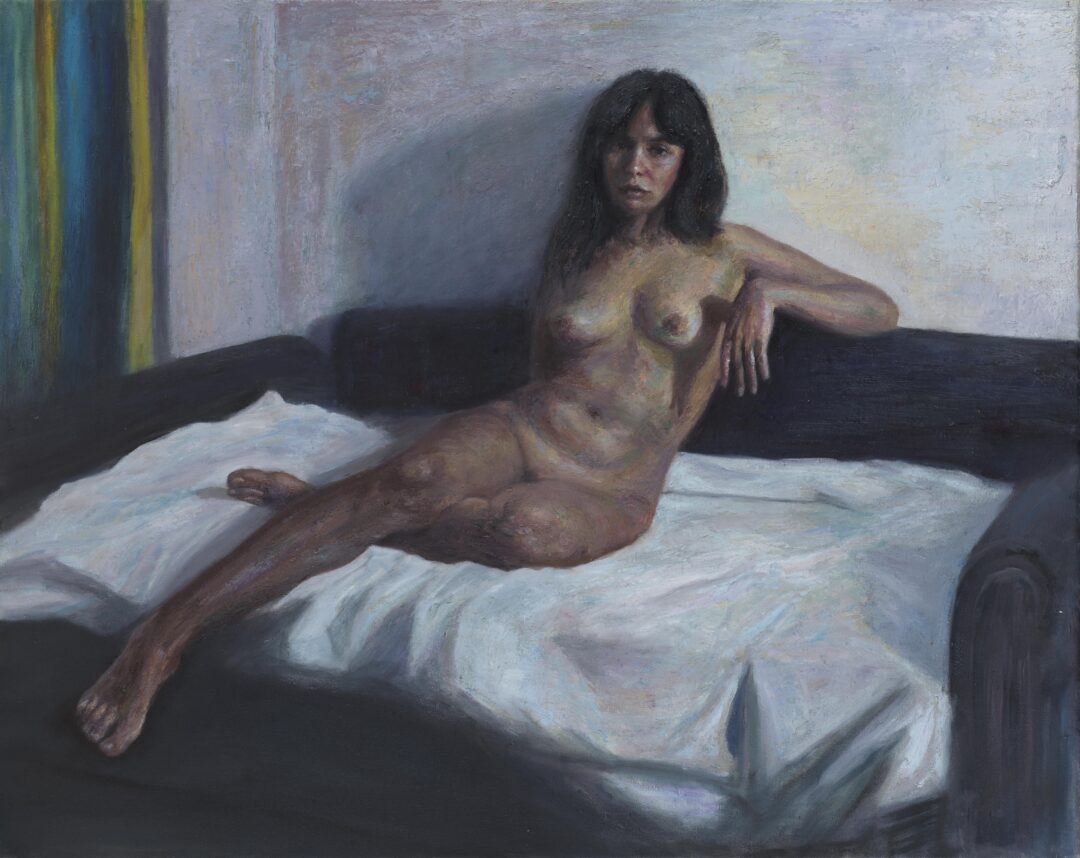
You focus on humans, especially women. What is it that fascinates you most about them?
Most of my models are women so most of my works depict female figures. I suppose subconsciously a male artist is more attracted to the female presence. However, I am mainly interested in the particular human quality of each model, her inner world, and how this is also reflected in her figure.
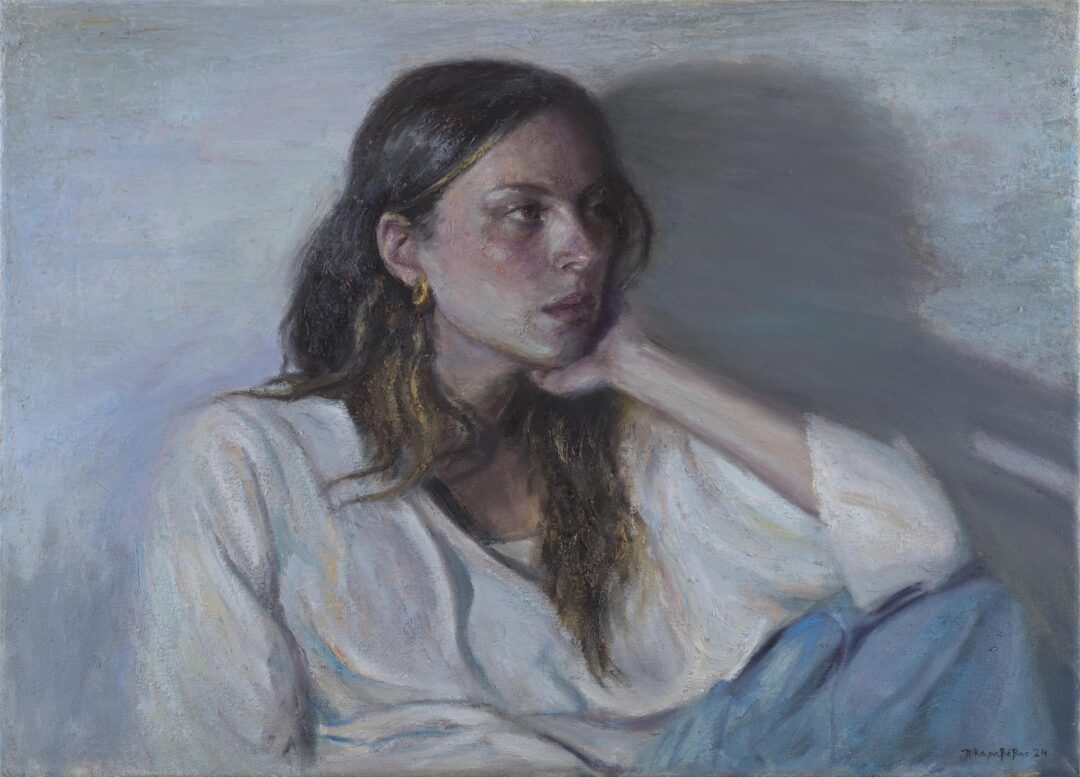
The passage of time, memory and melancholy are important aspects of your work. How does it feel to move towards this direction in a world that revolves around the pretentiously beautiful, the superficial and the ephemeral?
I believe that love for human form cannot be expressed without respect for what it truly is. We are all vulnerable, perishable creatures, with physical imperfections and mental fluctuations. The work that would result from an attempt to avoid all of this would surely be dishonest.
Your art is figurative. How do you perceive non-figurative art?
I have always been particularly attracted to figurative painting, which, to be served properly, requires a long period of apprenticeship and constant practice. In our time, however, it coexists with other interesting artistic approaches, each of which has its reason for being. I am totally against exclusions, wherever they come from. Art remains alive and evolves through constant experimentation and free exploration.
What I do find problematic, though, is the fluidity of the criteria in some fields of contemporary artistic activity. This fluidity, combined with the lack of artistic literacy among the general public, has resulted in promoting works of dubious artistic quality.
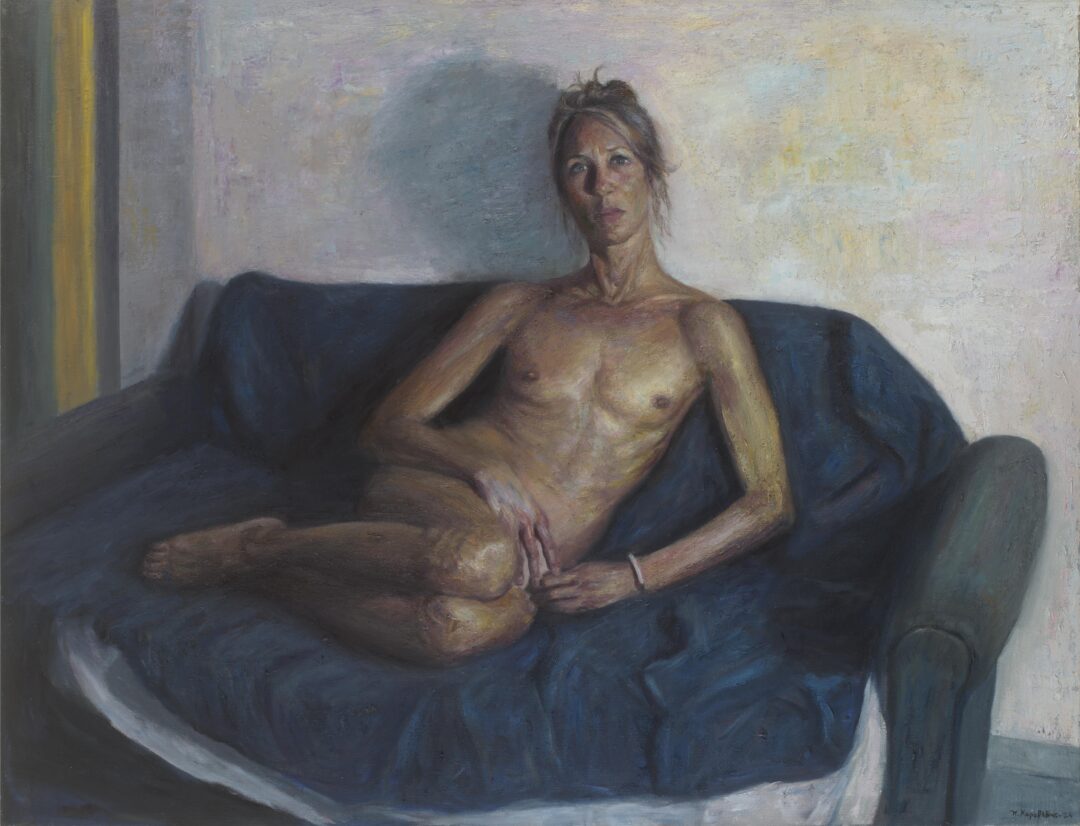
You are particularly concerned with the naked body. How demanding is this process? Would you say that this process is liberating in a way?
Painting the nude body requires a high degree of precision. Every part must be drawn to perfection and the viewer must be able to perceive the difference between areas of pure flesh, such as the abdominal area, and others where the flesh rests on a bony background. This presents a challenge for the artist. At the same time, it is a deeply liberating process: Dealing with each body leads to overcoming the stereotypes of beauty engraved in us by the infinite – usually embellished – images of contemporary culture. Moreover, I believe that nudity helps to combat the prudishness and seriousness by which artistic freedom is often threatened.
*Interview by Dora Trogadi
Read also via Greek News Agenda: George Rorris: “A painting is the sincere revelation of one’s soul”
TAGS: ARTS

